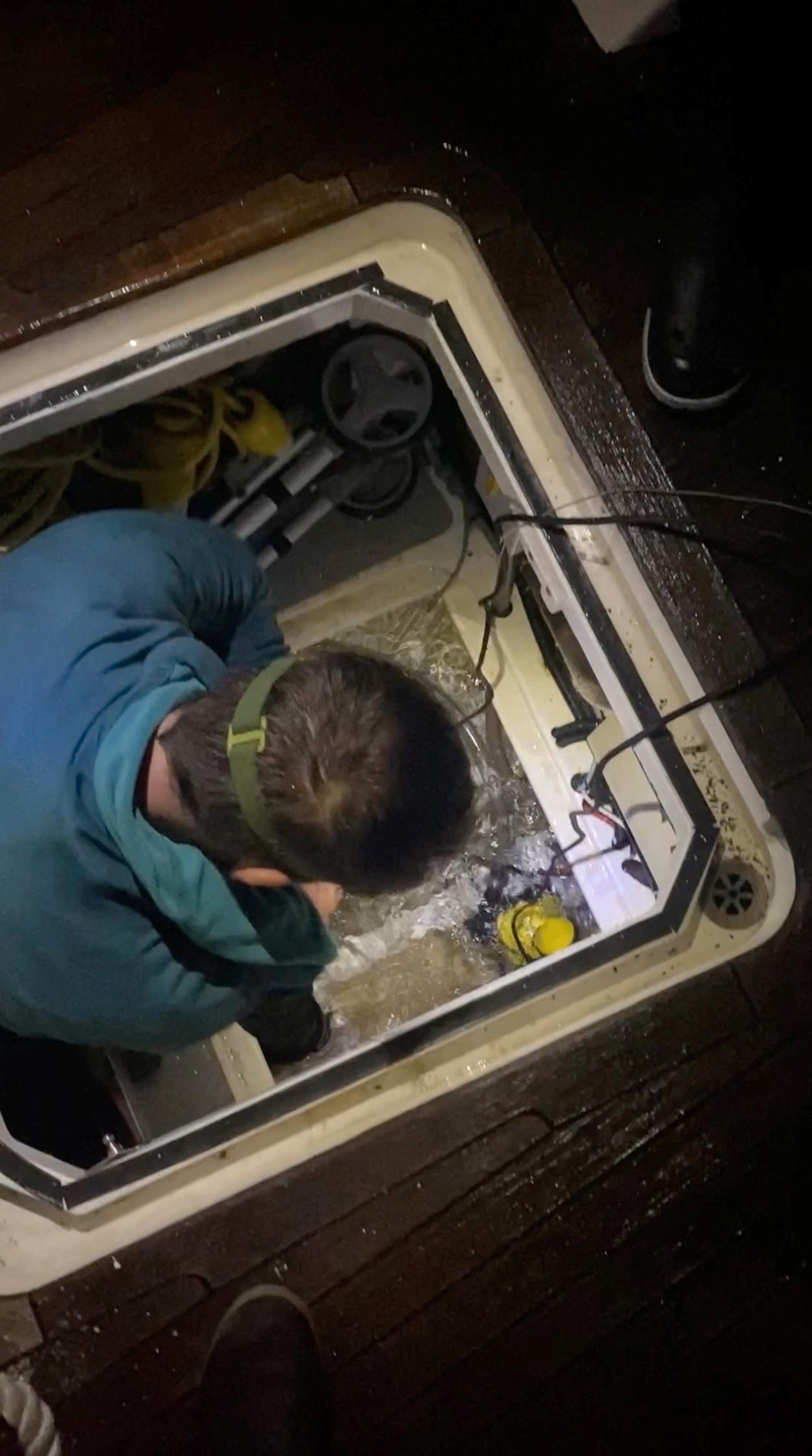More and more collisions between killer whales and boats are reported off the coast of Spain. Is it play or revenge?
- Several killer whales have recently attacked sailing boats off the coast of Spain.
- Scientists don’t know why it happens, but they have two main theories: That the killer whales do it as a game, or they are out for revenge.
Early in the morning on Thursday 25 May, it struck again off the coast of Spain:
Several killer whales attacked a 66-foot sailboat on its way to Gibraltar. They destroyed the rudder and caused a hole in the hull. Both a tugboat and a rescue helicopter moved out, and the boat was towed to the dock in Cadiz, writes the news agency Reuters.
According to the group GTOA, which monitors the population of killer whales off the Iberian Peninsula, the number of such collisions has increased since 2020. The May 25 incident is the latest of at least 20 collisions between small boats and killer whales in the Strait of Gibraltar in May alone.
Last year, 207 such collisions between boats and local killer whales were reported.
Why do killer whales attack?
It is difficult to say how this started, say the researchers. according to Washington Post they still have two main theories:
- The orcas are having fun, and the attacks on the boats are a breeze.
- The orcas are out for revenge.
Killer whales are known as intelligent animals that quickly take after each other. Young individuals can see an adult do something, and then imitate them.
– I think it is just as reasonable to suggest that they do this because they can, because it is fun, says the Danish researcher Hanne Strager, who has written the book Killer Whale Journals, to National Geographic about the revenge theory.
– Looks like a game
Monika Wieland Shields at the Orca Behavior Institute researches the behavior of killer whales. According to her, killer whales are not known to be aggressive towards humans, despite the English name “killer whales”.
– This is more like a new type of behavior or a game that one orca has started, and then it spreads. Sometimes it takes weeks, sometimes months, sometimes years. Other times it passes, says Monika Wieland Shields, who heads the Orca Behavior Institute in Washington, USA, to NBC.
She refers to a situation off the coast in the north-west of the USA, where at one point it was observed that killer whales were swimming around with dead salmon on their heads. This went on for a while, before it ended, she says.
According to National Geographic killer whales have also been seen playing with jellyfish, or wading around on seaweed and kelp.
– This feels like the same kind of thing, where a whale is playing with a rudder and says “hey, this is a fun game, do you want to try?” So it has become today’s trend for that group of killer whales, says Shields.
Suspect White Gladis
The second theory is that the killer whales are on an ever-so-small revenge spree.
According to Alfredo López Fernandez, who is co-author of a recent study published in Marine Mammal Science, nine different killer whales are divided into two groups involved in the attacks: A trio of young people, and a group with several different generations represented. The latter is led by the matriarch White Gladis.
The researchers are now speculating whether she may have had a bad experience with a boat, for example that she has been injured or hit in connection with hunting tuna. Now she is looking for revenge, and she has brought the others along for the ride.
– When it started happening, I thought maybe a female killer whale or her calf had been hit by the propeller or rudder of a boat, because that’s what they seem to be going for. And it’s always on sailboats, says biologist Dan Olsen National Geographic.
Whale researcher Eve Marie Jourdain, who is director of the Norwegian Orca Survey and postdoctoral fellow at the University of Oslo, says to TV 2 that this seems like a credible explanation.
– Yes very. These animals are very smart and have strong family ties, she tells the channel.
1 / 2

– Stressful environment
Despite the various theories: Olsen says that he suspects that humans may never know why the killer whales attack the sailboats.
– It is difficult enough for us to explain human behavior and the behavior of the animals most closely related to us, he says.
Only killer whales off the Iberian Peninsula have been known to attack boats. The population here is very low – only around 39 individuals according to the study in Marine Mammal Science.
According to Hanne Strager, the killer whales in this area are threatened by everything from fishing to pollution and noise.
– This is a very stressful environment for them, she tells National Geographic.
2023-05-29 01:51:09
#Boats #attacked #killer #whales #game


